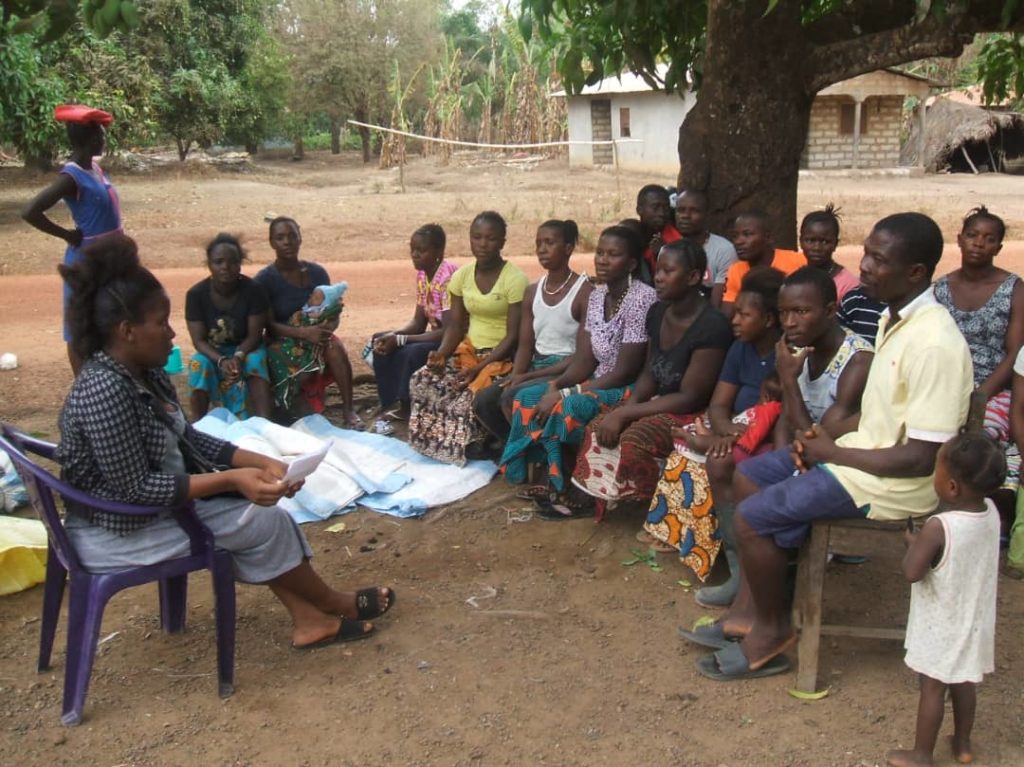The answer is epilepsy. The roll call of famous people with epilepsy includes the actor Danny Glover, and musicians Lindsay Buckingham (Fleetwood Mac), Martin Kemp (Spandau Ballet), Prince, Ian Curtis (Joy Division), Susan Boyle and the rapper Lil Wayne.
Worldwide, 50 million people have epilepsy (3.4 million in the USA and 600,000 in the UK). If diagnosed and treated, 70% of them could live without seizures.
Treatment for Epilepsy & Supporting Families
The subject of this Network for Africa blog is what happens when people remain undiagnosed or treated. And what we are doing about it.
In many places in Africa, epilepsy is seen as a curse by ancestors or the gods. Families are ashamed if their children have seizures, and they may hide them away. They might be too embarrassed or poor to take them to a doctor. In many cases, people with epilepsy are shunned, feared and kept in inhuman conditions.
None of this needs to happen.
Network for Africa counsellors know their communities well, and people approach them discretely for help because they are trusted. Our counsellors explain that epilepsy is a medical condition, and they refer families to get professional help. We also pressure government authorities to provide the appropriate drugs for free. And where necessary, we provide the funds to ensure there are enough drugs and people don’t relapse.
Once they are getting treatment, families are surprised and relieved when seizures reduce or stop altogether, and normal life becomes possible. Our counsellors follow up by offering ongoing support, making sure medicine is taken as prescribed and appointments are kept. They also support the caregivers who have been “on duty” for years, as well as bearing the negative reaction of a community that rarely understands the illness. Our counsellors help people with epilepsy to re-engage with life, joining group support networks, finding skills training and, eventually, employment.
The Bigger Picture
But this is only part of our counsellors’ work. The deeper problem is a general lack of awareness about epilepsy. For this reason, our teams educate local officials, teachers and the wider community about the illness. This can take the form of big, town hall-style events, or conversations with individual local nurses and health workers. They train leaders in how to identify signs of epilepsy and to refer people to clinics for help.

Once a community understands that epilepsy is a medical condition and not a terrifying form of judgment from the heavens, then there can be acceptance and sympathy rather than suspicion and fear. Families who have been hiding members with epilepsy can seek help. And our counsellors are there to give support and advice.
To help us continue this work, please click the button below to donate. Thank you.
SUPPORTING COMMUNITY EDUCATION